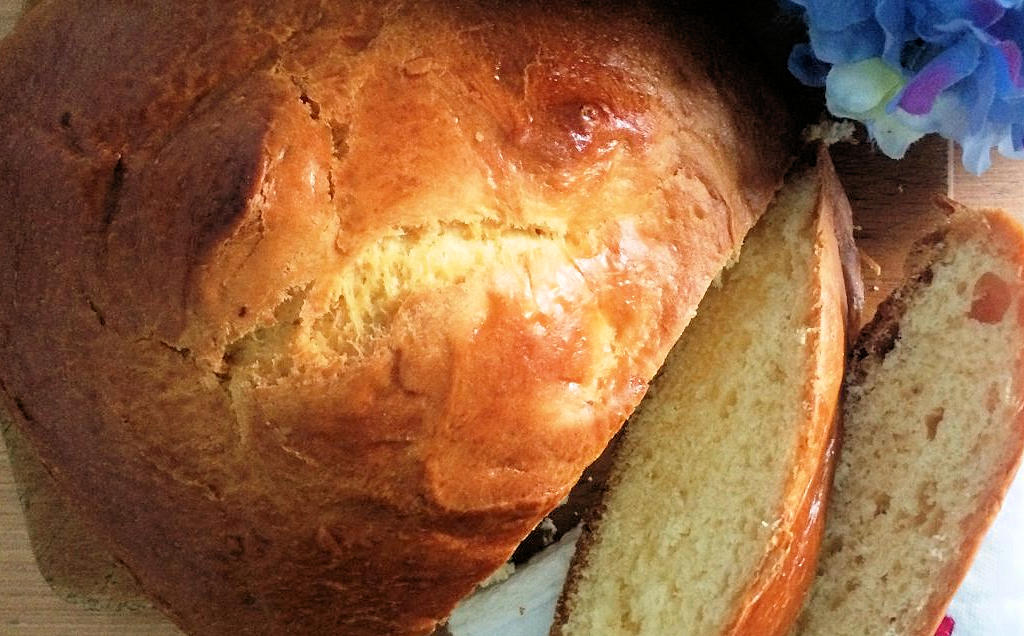While some savor the Massa Sovada in its pure form, others embrace the versatility of this delightful bread. It becomes a canvas for personal preference, inviting accompaniments such as butter, jam, cheese, or honey. The choice is yours, as you embark on a culinary exploration of flavors that complement and elevate the bread's essence. Beyond its standalone appeal, Massa Sovada also finds its way into various dishes, serving as a key ingredient in bread pudding or lending its charm to the classic French toast.
The origins of Massa Sovada can be traced back to the Portuguese mainland, where it is known as Pão Doce. However, the Azorean version carries its own distinct character, shaped by the unique traditions and preferences of the islands. The recipe for Massa Sovada may vary from island to island, and even from one family to another. Some artisans infuse their dough with raisins, nuts, cinnamon, or anise, adding a delightful twist to the bread's flavor profile. Others choose to keep it simple, allowing the purity of the ingredients to shine through. Regardless of the specific recipe, the preparation of Massa Sovada demands time and patience. The dough requires careful nurturing, allowing it to rise multiple times before it reaches its full potential. It is a labor of love that yields a reward worth savoring — a fragrant, mouthwatering bread that can be enjoyed at any time of day.
Lisbon.vip Recommends
Massa Sovada also embodies the rich history and identity of the Azores, which have been shaped by a tapestry of cultures over the centuries. The bread reflects the resilience and adaptability of the islanders, who have infused their traditions with influences from various corners of the world. It stands as a testament to the heritage passed down from generation to generation, a reminder of the importance of preserving and cherishing cultural treasures.
For tourists visiting Lisbon, encountering Massa Sovada is a gateway to experiencing the unique charms of the Azores. It is an invitation to indulge in the flavors and traditions that have shaped the islands and their people. As you savor the soft crumb, relish the delicate aromas, and embrace the cultural significance of this bread, you become a part of a timeless tradition that bridges the gap between past and present. Massa Sovada is more than just bread; it is a portal to the heart and soul of the Azores, inviting you to be enveloped in their warm embrace. So, as you explore the vibrant streets of Lisbon, let the alluring scent of Massa Sovada guide you towards a culinary adventure steeped in tradition, culture, and the warm spirit of the Azorean people.













